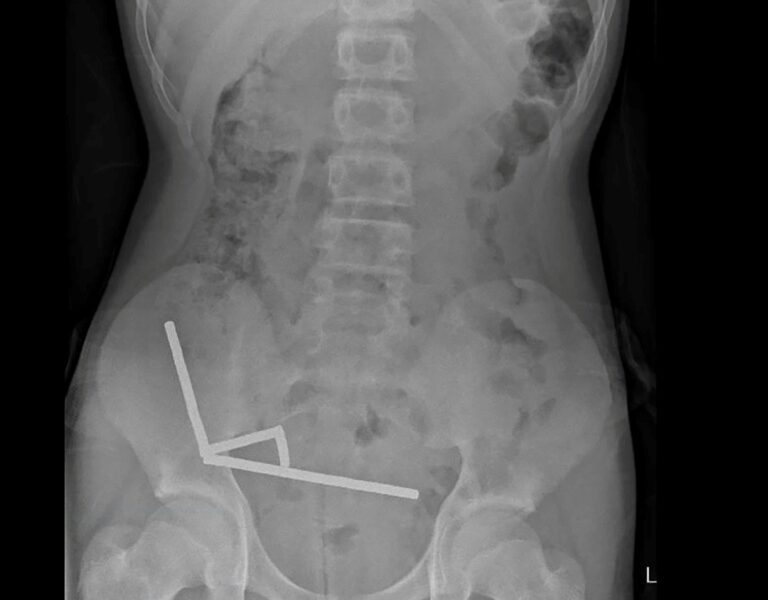A 13-year-old boy in New Zealand underwent surgery after swallowing up to 100 high-power magnets, which he purchased on the online shopping platform Temu. The incident, revealed on October 27, 2023, required doctors to remove damaged tissue from the boy’s intestines following four days of severe abdominal pain.
After the child was taken to Tauranga Hospital on the North Island, medical staff discovered through an X-ray that the magnets, which have been banned in New Zealand since January 2013, had clumped together in several sections of his intestines. According to a report published in the New Zealand Medical Journal, the boy admitted to ingesting approximately 80-100 neodymium magnets about a week prior to his hospital visit.
Surgeons found that the magnets had caused necrosis, or tissue death, in four areas of the small bowel and the caecum, a part of the large intestine. They performed surgery to remove the dead tissue and extract the magnets. Following an eight-day hospital stay, the boy was discharged and able to return home.
The authors of the medical report, including Binura Lekamalage, Lucinda Duncan-Were, and Nicola Davis, highlighted the dangers of magnet ingestion, particularly for children. They stated that such incidents can lead to serious complications later in life, including bowel obstruction, abdominal hernia, and chronic pain.
In response to the incident, Temu expressed regret over the boy’s condition and stated that it has initiated an internal review to ensure compliance with safety regulations in New Zealand. A spokesperson for the company noted, “We have launched an internal review and reached out to the authors of the New Zealand Medical Journal article to obtain more details about the case.”
While Temu has not confirmed whether the magnets were purchased through its platform, the company is reviewing relevant product listings to ensure adherence to local safety standards. The platform, founded in China, has faced criticism in various markets, including the European Union, for allegedly failing to adequately remove illegal products.
The case serves as a stark reminder of the potential hazards associated with online marketplaces, particularly regarding products that may pose health risks to children.







